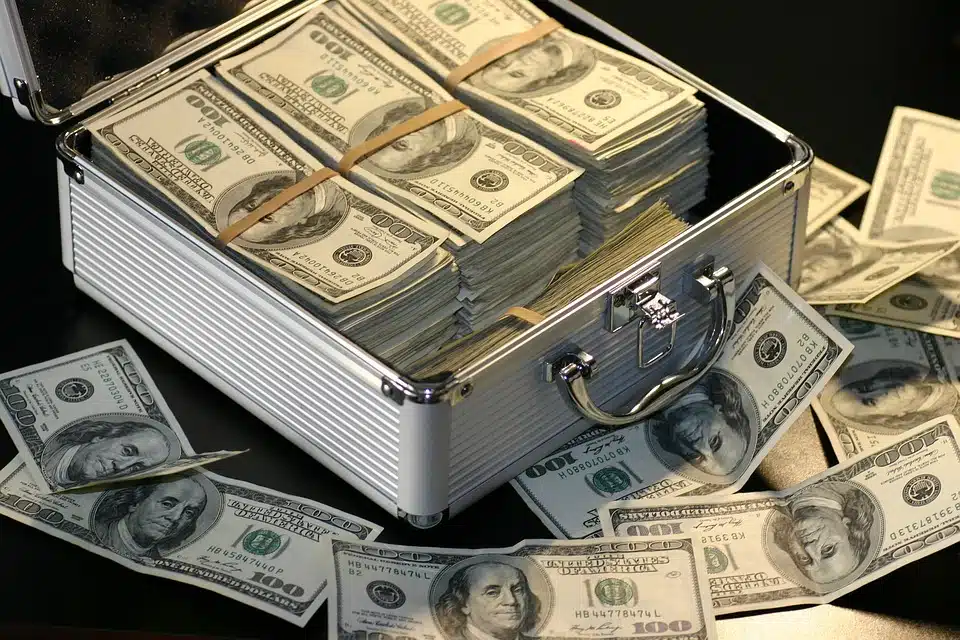The US Securities and Exchange Commission (SEC) recently awarded a record-breaking $279 million to a whistleblower whose information significantly aided the agency’s enforcement activities. This latest award eclipses the previous highest payment by more than double, which amounted to $114 million in October 2020. The SEC did not disclose the whistleblower’s identity or the company involved when announcing the award.
The SEC’s enforcement director, Gurbir Grewal, praised whistleblowers for their contribution, asserting that the tips they provide have assisted in enforcement actions that have led to the disgorgement of over $4 billion in ill-gotten gains and interest by wrongdoers. The whistleblower program, established by the 2010 Dodd-Frank Act to encourage reporting of misconduct in the corporate world, has handed out over $1.2 billion in bounties to 246 whistleblowers since its inception.
The role of whistleblowers is vital in facilitating the detection of fraud and other illegal activities within organizations. They offer a valuable source of inside information that can expose violations that might otherwise go undetected, and their contribution should not be underestimated. The program offers anonymity and financial rewards to those who come forward with groundbreaking information, incentivizing a culture of transparency in which illegal activities are brought to light and dealt with accordingly.
The landmark award demonstrates the SEC’s commitment to ensuring the integrity of the financial markets and promoting investor protection. The program has gained increasing prominence over the last decade, playing a crucial role in the agency’s ability to root out fraud and prosecute wrongdoers. In return for their essential assistance, whistleblowers are compensated with a monetary reward proportional to the sanctions imposed on the entities or individuals involved. Given the large amounts in question in many cases of corporate misconduct, this bounty system can result in enormous awards, as evidenced by the recent payout.
The more substantial awards serve multiple purposes. First, they compensate the whistleblower for their courage, time, and possible backlash they might experience for coming forward with information about illegal activities. Whistleblowing bears significant personal and professional risks, as those who take this route could face retaliation or ostracism from their employers or colleagues. A generous reward can go some way in offsetting the potential risks involved and safeguarding the whistleblower’s livelihood and reputation.
Second, large whistleblower awards have a deterrent effect on wrongdoers, sending the message that the SEC is serious about combating corporate misconduct and protecting investors from fraud. The financial penalties levied on those engaging in fraudulent or illegal activities are substantial, but the publicity surrounding significant whistleblower awards ensures that both the offending entities and potential future violators are aware of the repercussions that lie in wait should they choose to engage in wrongdoing.
Finally, sizable whistleblower payouts can stimulate competition among potential whistleblowers for financial bounties, as employees recognize that reporting corporate wrongdoing can result in enormous financial gain. Provided that the SEC can continue to ensure the anonymity and protection of whistleblowers, this competitive environment promotes a culture of transparency and vigilance in the financial markets.
While whistleblower programs like the one implemented by the SEC are not without their critics, there is no denying the essential role they play in maintaining the integrity of the financial markets. The substantial rewards on offer incentivize reporting of wrongdoing and ensure that the risks faced by the whistleblowers are adequately compensated.
In an era of growing awareness of the importance of corporate governance and the impact of corporate scandals, the SEC’s whistleblower program has proven to be an effective tool in combating fraud and protecting investors. With its commitment to enforcing strong penalties and providing significant rewards for those who come forward with information, the SEC is sending a clear signal that it values accountability, transparency, and fair dealing in the financial markets.
In conclusion, the record-breaking $279 million whistleblower award showcases the SEC’s dedication to enforcing good corporate behavior and safeguarding investors. The whistleblower program offers substantial rewards, which serve as an incentive for whistleblowers to come forward with essential information, a deterrent for potential wrongdoers, and a catalyst for competition among potential whistleblowers. The success of the program in recent years demonstrates its effectiveness as a tool for rooting out financial wrongdoing and fostering a culture of transparency, accountability, and vigilance within the financial markets.


